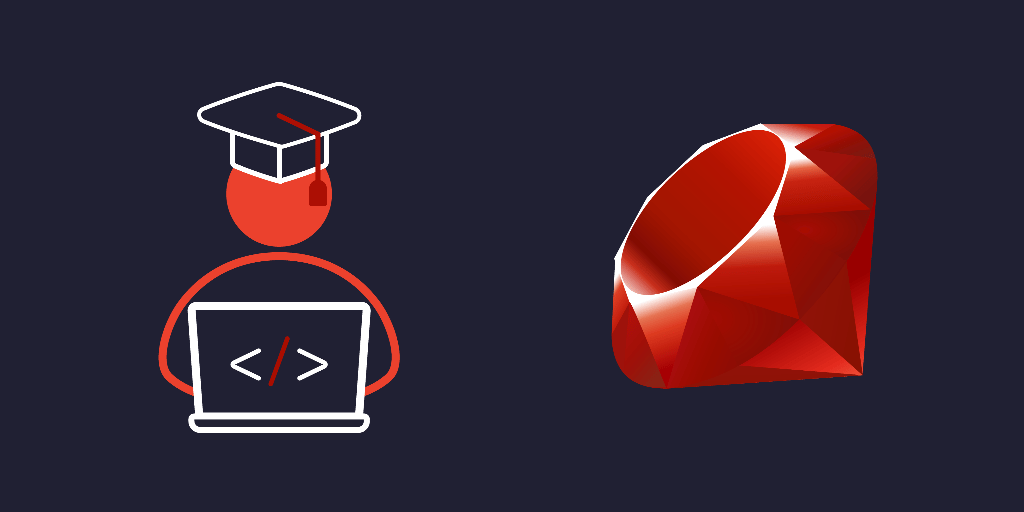- Learn Ruby basics: Start with the fundamentals of Ruby, such as syntax, variables, conditionals, loops, strings, and arrays.
- Master built-in classes: Explore Ruby’s built-in classes, like String, Array, and Hash, and practice working with their methods.
- Understand object-oriented programming (OOP): Learn OOP principles, including creating classes, defining methods, and working with objects, blocks, and inheritance in Ruby.
- Build Ruby projects: Start with small projects, like creating a console-based application or implementing simple games like Hangman, to reinforce your skills.
- Learn Ruby on Rails: Once you have a solid understanding of Ruby, explore Ruby on Rails for web development to build dynamic, database-driven applications.
- Solve challenges and exercises: Regularly solve coding problems to practice concepts like conditionals, loops, and arrays.
- Work on real-world applications: Build larger, scalable projects such as web applications or command-line tools to gain practical experience. Contribute to open source: Join the Ruby community and contribute to open-source Ruby projects to improve your coding skills and network with other developers.
SKILL PATH
Become a Ruby Developer
Ruby is a powerful and widely-used programming language, known for its elegant syntax and ease of use. It's a popular choice for web development and powers many well-known websites and applications, especially with Ruby on Rails. This Skill Path is ideal for Ruby for beginners without a programming background. You'll learn Ruby programming techniques, starting with basic syntax and functionality to create simple programs. As you progress, you'll explore Ruby classes, including Ruby strings, Ruby arrays, and Ruby hash, to write scalable, modular, and maintainable code. You’ll also learn OOP in Ruby, gaining hands-on experience with Ruby objects, Ruby methods, and blocks. By the end of this Skill Path, you will be able to build real-world applications, including Ruby projects and games, and launch your career as a Ruby developer.
27 hours
133 Lessons
Learning Objectives
Familiarity yourself with the basics of Ruby programming language.
A working knowledge of Ruby built-in classes.
An understanding of objects, blocks, and classes and how to use them for efficient programming.
Hands-on experience employing Ruby programming skills by building a Hangman game.
Path Content
Your method is simple, straight to the point and I can practice with it everywhere, even from my phone, that's something I have never had in other learning platforms.

I highly recommend Educative. The courses are well organized and easy to understand.

I prefer Educative courses because they have a nice mix of text & images. I find that with full video courses, it can often be too easy to go into passive learning mode.

I prefer Educative courses because they have a nice mix of text & images. I find that with full video courses, it can often be too easy to go into passive learning mode.

Your method is simple, straight to the point and I can practice with it everywhere, even from my phone, that's something I have never had in other learning platforms.

I highly recommend Educative. The courses are well organized and easy to understand.

I prefer Educative courses because they have a nice mix of text & images. I find that with full video courses, it can often be too easy to go into passive learning mode.

